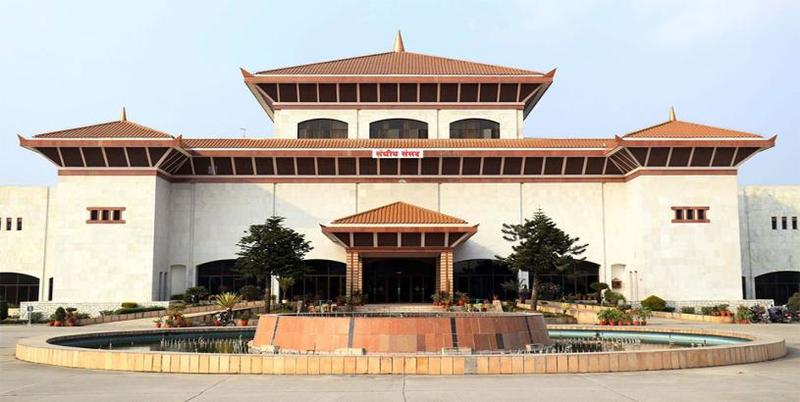 After some governmental dithering and political shadow-boxing, Nepal Parliament has approved the Millennium Challenge Corporation (MCC)-Nepal Compact, a controversial $500 million grant agreement that will improve the country’s power transmission and road infrastructure, amid protests by a section of China-leaning left political parties
After some governmental dithering and political shadow-boxing, Nepal Parliament has approved the Millennium Challenge Corporation (MCC)-Nepal Compact, a controversial $500 million grant agreement that will improve the country’s power transmission and road infrastructure, amid protests by a section of China-leaning left political parties
Feb 28, 2022
After some governmental dithering and political shadow-boxing, Nepal Parliament has approved the Millennium Challenge Corporation (MCC)-Nepal Compact, a controversial $500 million grant agreement that will improve the country’s power transmission and road infrastructure, amid protests by a section of China-leaning left political parties. The deal, signed in 2017, was passed a day before the deadline, 28 February, after the US warned of adverse impact on bilateral ties if the agreement was not signed.
With the passage of the deal, Prime Minister Sher Bahadur Deuba managed to survive what had become the most contentious political and diplomatic issue, threatening both his coalition government on one hand and the relations with the US on the other hand.
The breakthrough came on Sunday after the CPN-MC, a left-leaning biggest party in the ruling coalition, and two other allies agreed to support the deal with an interpretative declaration—that Nepal will not be part of the big power politics and the country's constitution will be above the MCC agreement— was attached to the deal.
With the ratification of the deal, the Himalayan country will now be able to use the $500 million grant to improve the road transmission and construct high power transmission lines, helping the country to export its excess power to neighboring countries like India and Bangladesh.
Nepal became a power-surplus country last year, with expected production likely to cross 2300 MW during this monsoon season. While the country’s peak domestic demand is likely to remain 1700 MW, leaving over 500 MW in surplus. Much of the excess power was wasted last year in the absence of a broad power -trading agreement with India and Bangladesh—two of its only market for energy export—and a lack of high capacity power transmission lines.
Currently, Indian and Nepali officials are engaged in talks regarding power trade this year. With the completion of the proposed high capacity 400KC cross-border transmission line under the MCC—expected within two years—the country’s power exports will get a significant boost in the coming years.
Signed during the previous government of Prime Minister Sher Bahadur Deuba in 2017, the ratification of the MCC deal had been delayed by successive governments for over five years. The US-funded aid program also faced what seemed many to be a well-organized disinformation campaign, allegedly at the behest of China, another major external player in Nepali politics.
In the last decade, Kathmandu has emerged as an arena for big-power politics among major powers like India, the US, and China. With the rise of communist parties, the Chinese influence—and meddling —grew tremendously in the internal politics of Nepal.
Many experts also believe Chinese dominance in Nepali politics has grown to the extent that it is now threatening Nepal’s development partnership with major partners like the US and India. And Nepal’s political parties, with eyes on short-term domestic political gains, seem complicit in the game, harming the country’s long-term interests.
(SAM)
@the wire


